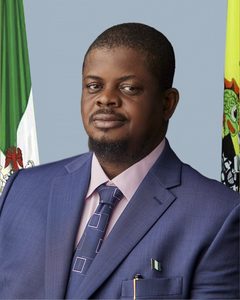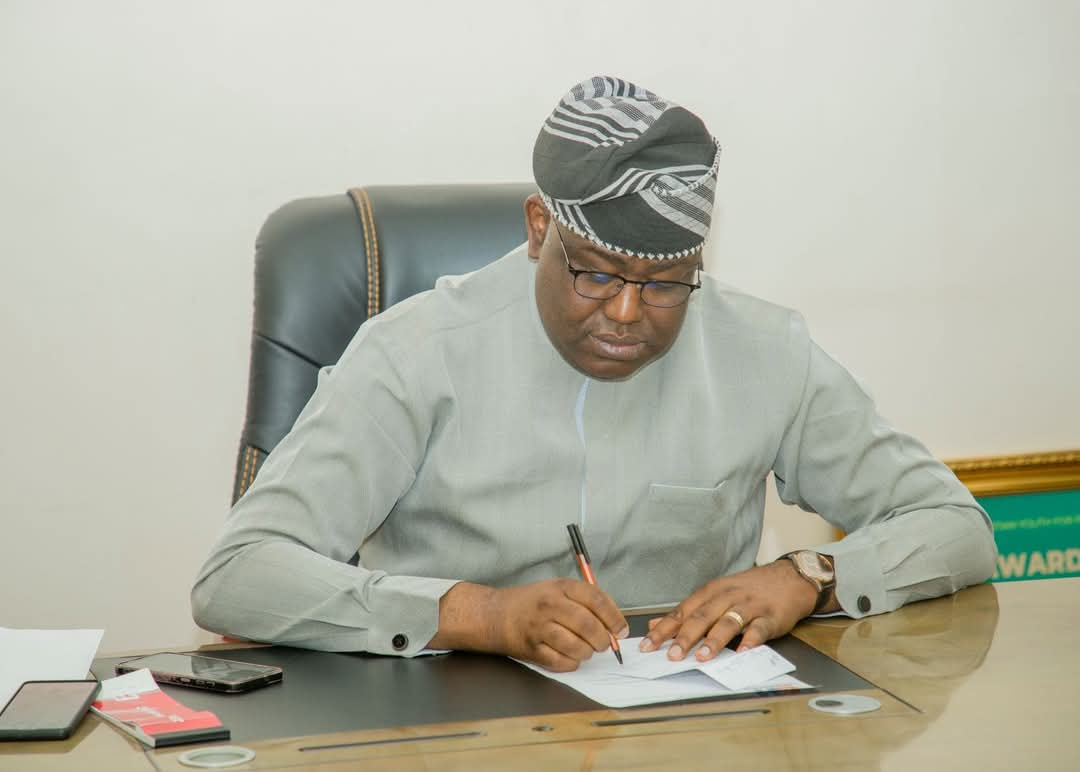By OsunReporters News Editorial Desk
In a political climate often defined by sentiment over substance, the emergence of Kunle Rasheed Adegoke (SAN) popularly known as K-Rad as a leading figure in Osun’s All Progressives Congress (APC) signals a potential rebirth of reason in governance. In a nation where many politicians are now enrolling in law schools to understand the instruments of power, K-Rad stands apart, not merely as a practitioner of law, but as one of its refined custodians. A Senior Advocate of Nigeria (SAN), he embodies the rare fusion of intellect, integrity, and institutional awareness.
The rule of law is the heartbeat of any civilised society. It dictates that no one, not even the ruler, stands above the law. Yet, in many parts of Nigeria, governance has long drifted from this principle. Personal interests and political loyalty have often replaced legal order and ethical balance. This is why the thought of a legal luminary ascending to Osun’s leadership ignites hope among those yearning for accountability and justice-driven governance.
If K-Rad eventually ascends the seat of power, Osun State may witness a new brand of leadership, one shaped by the discipline of law rather than the impulses of politics. His background as a lawyer and advocate of justice suggests a governance structure that would respect institutions, follow due process, and protect the common man’s rights. Under such watch, the gavel – symbol of justice, would not merely echo in the courtroom, but resound in the corridors of public administration.
K-Rad’s life already demonstrates the virtues that many politicians now seek to acquire through the study of law. While others pursue certificates for prestige, he has built a career anchored on principles, advocacy, and fairness. His voice in national discourse has been one of reason and restraint, rooted in logic rather than noise. It is this quiet force of intellect that could redefine Osun’s leadership narrative, from one of populism to one of purposeful governance.
Osun deserves a leader who will not only build roads but restore order. One who will not only sign documents but understand the weight of every clause. One who will respect the sanctity of law, not merely for the optics of reform, but for the preservation of justice as the foundation of progress.
If the gavel truly meets the throne, Osun may not just have a new governor, it could have a new conscience. A government where the wisdom of the law tempers the temptations of power.
And perhaps then, in the pages of Nigeria’s political history, Osun will stand as the example of how the lawyer became the leader, and how justice once again found its voice in power.



